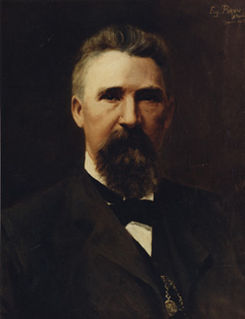A Quote by Henry Giroux
Within neoliberal narratives, youth are mostly defined as a consumer market, a drain on the economy, or stand for trouble.
Related Quotes
Youth no longer inhabit the privileged space, however compromised, that was offered to previous generations. They now occupy a neoliberal notion of temporality of dead time, zones of abandonment and terminal exclusion marked by a loss of faith in progress and a belief in those apocalyptic narratives in which the future appears indeterminate, bleak and insecure.
It should be said that we are presently, and I believe unfairly, constrained from directly promoting cigarettes to the youth market...Realistically, if our Company is to survive and prosper, over the long term, we must get our share of the youth market. In my opinion, this will require new brands tailored to the youth market.
It is eminently possible to have a market-based economy that requires no such brutality and demands no such ideological purity. A free market in consumer products can coexist with free public health care, with public schools, with a large segment of the economy -- like a national oil company -- held in state hands. It's equally possible to require corporations to pay decent wages, to respect the right of workers to form unions, and for governments to tax and redistribute wealth so that the sharp inequalities that mark the corporatist state are reduced. Markets need not be fundamentalist.
The reality is that business and investment spending are the true leading indicators of the economy and the stock market. If you want to know where the stock market is headed, forget about consumer spending and retail sales figures. Look to business spending, price inflation, interest rates, and productivity gains.
The money economy thus leaves a large ecological footprint, defined as the amount of land and resources required to meet a typical consumer's needs. For example, with only about 4% of the world's population, the United States, the largest money economy, consumes in excess of one-quarter of the world's energy and materials and generates in excess of 25 percent of the world's greenhouse gas emissions.

































